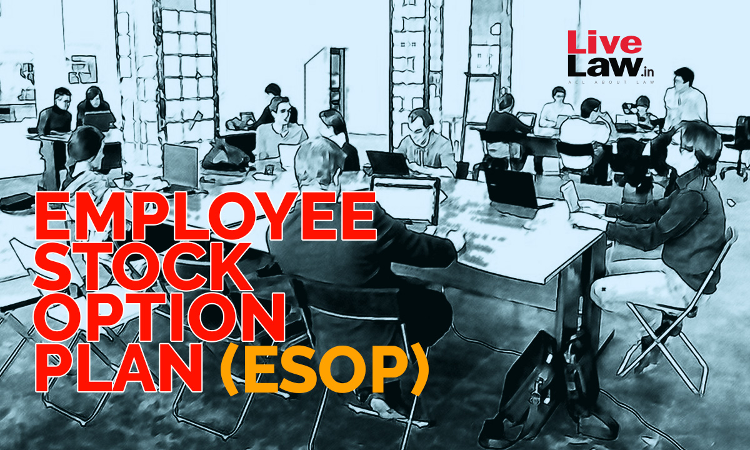The Bangalore Bench of the Income Tax Appellate Tribunal (ITAT), while ruling in favour of the HP, held that employee stock option plan (ESOP) cross charges paid to overseas ultimate holding companies are an allowable expenditure.The two-member bench headed by N.V. Vasudevan (Vice President) and Chandra Poojari (Accountant Member) has observed that the ESOP expenditure incurred is...

